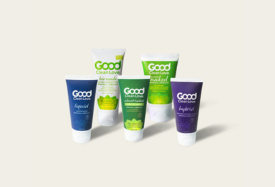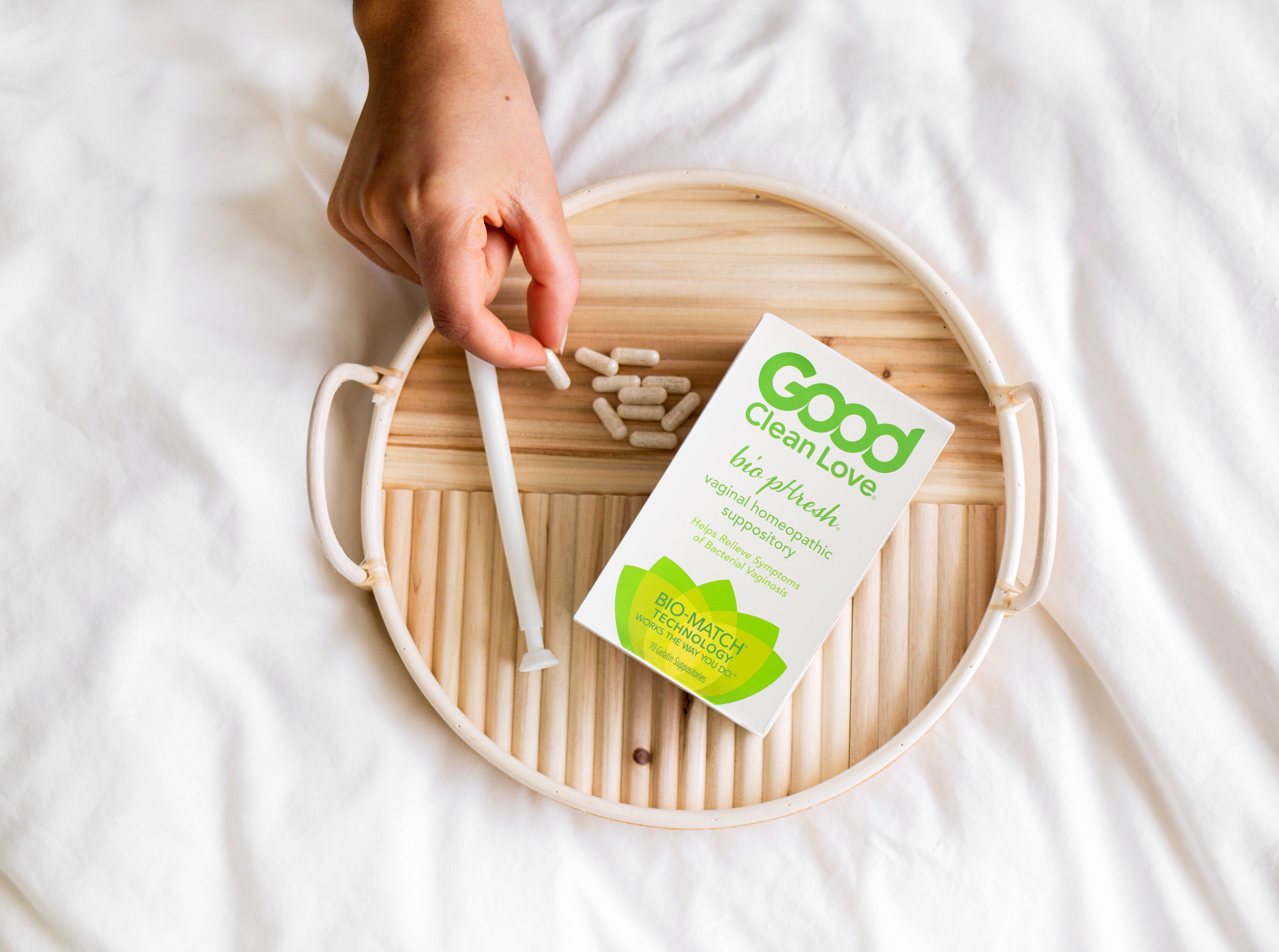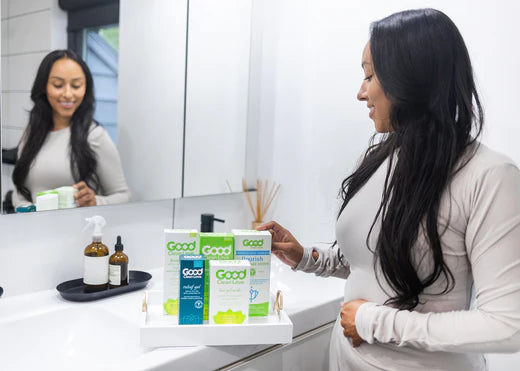“The pleasure of living and the pleasure of the orgasm are identical. Extreme orgasm anxiety forms the basis of the general fear of life.” —Wilhelm Reich
One great benefit of owning a love product company is that I get to study and teach about orgasm. I was blessed with a proclivity towards the experience and remember finding this unique release valve as a small child. Growing up, I only knew how much better I felt for the practice and it wasn’t until early adolescence that I began to be concerned about the normalcy of the behavior. My father’s response to the question that I read in Ann Landers was neither instructive nor compassionate. I was not deterred.
Everyone wants to orgasm. This is just a fact of life and nature. The word orgasm is derived from the Greek word orga which means explosion. This makes sense because the experience of orgasm often feels like a burst of pleasure, bliss, emotional and physical release. In fact, the moment of orgasm creates such a complete letting go, that the brain center that controls anxiety and fear is switched off.
Long ago, before pornography was everywhere, desire and lust still held a formative place in our human sexuality makeup. We all had a little more room to imagine orgasmic experience and less to compare ourselves to. With the advent of Internet pornography, you can witness orgasm on demand, but that doesn’t mean you can make yourself, or anyone else have one. Therein lies the conundrum of orgasm.
Many people, all with unique stories share in the common condition of inorgasmia. Kind of like the loss of scent, anosmia, there lies a significant incapacity for brain synapses. The neurons just can’t make the leap somewhere. Both problems happen in a cellular way, but they’re recognized as a mental block.
Having regular orgasms will extend your life and provide the basis for more long lasting relationships. Recent studies have confirmed the link between longevity and orgasm frequency. We know that people who enjoy a regular, satisfying sex life (ie. regular orgasms) are less stressed, less depressed and generally more well physically, mentally and emotionally. This level of satisfaction and wellbeing is reflected in the partnerships in which they are shared. The depth of connection and the bonds of trust that shared orgasmic experiences builds into a relationship is a visceral insurance policy for long term commitments.
Discovering pleasure together is like pouring cement into a foundation. Physical touch that leads to ecstatic release not only releases hormones and endorphins that promote health and longevity, but also serve as the basis of biological bonding. Knowing that you have the ability to reach someone in this most intimate of ways is one of the most significant sources of self-esteem that relationships afford. There is a strange coincidence between the percentages of people who don’t orgasm and the percentage of people who divorce. While, sharing orgasm is not enough to keep a relationship alive, the inability to move towards it, is enough to kill it. There is no other single work in life that will repay you so profoundly each and every time you share it.
This is a satisfied and certainly (sex)positive life.














